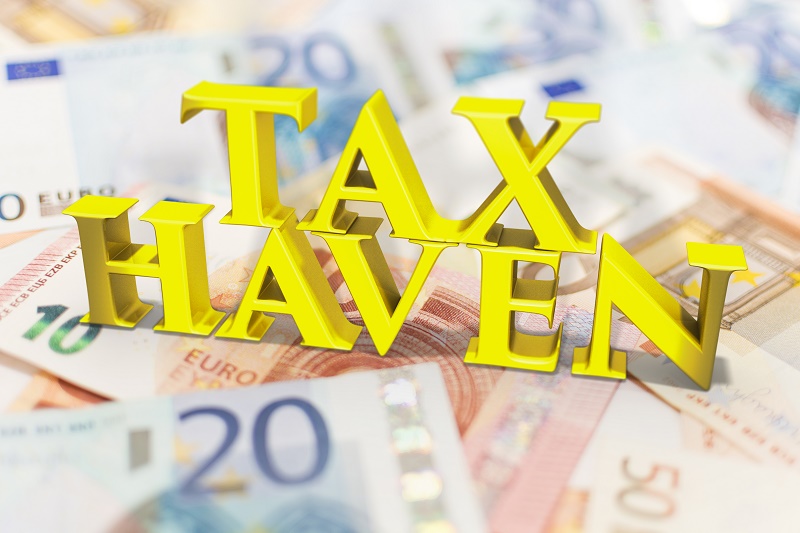Barbados, Grenada, Macao, Mongolia, Panama, South Korea, Tunisia and the United Arab Emirates have been moved to a “separate category of jurisdictions subject to close monitoring”, the European Council confirmed on Tuesday.
The Council agreed that a delisting was justified in the light of an expert assessment of the commitments made by these jurisdictions to address deficiencies identified by the EU.
In each case, the commitments were backed by letters signed at a high political level, it said.
From black to grey
The official Council term for the blacklist is Annex I.
A second list, known officially as Annex II and dubbed a ‘grey list’, originally contained 47 jurisdictions that were not included on the blacklist after promising to address certain tax deficiencies by the end of 2018.
A Council spokesperson confirmed to International Adviser that the eight jurisdictions will move from Annex I (the blacklist) to Annex II (the grey list).
This means that they have until the end of 2018 to remedy any deficiencies or face being put back on the blacklist and, as of yet unspecified, EU sanctions.
It is understood that the EU had not originally planned to produce a grey list, but one was created after politicians from jurisdictions at risk of appearing on the blacklist made last ditch efforts to avoid being branded as non-compliant.
Nine left
“Our listing process is already proving its worth”, said Vladislav Goranov, minister for finance of Bulgaria, which currently holds the Council presidency. “Jurisdictions around the world have worked hard to make commitments to reform their tax policies. Our aim is to promote good tax governance globally.”
The remaining blacklisted jurisdictions are American Samoa, Bahrain, Guam, Marshall Islands, Namibia, Palau, Saint Lucia, Samoa and Trinidad and Tobago.
The list also carries recommendations on steps to take to be de-listed.
The EU took the decision, following the devastating hurricane season, to defer judgement on eight additional jurisdictions based in the Caribbean. An assessment is, however, expected to be completed by February 2018, meaning that the blacklist could grow again.
The eight jurisdictions are: Anguilla, Antigua and Barbuda, Bahamas, British Virgin Islands, Dominica, Saint Kitts and Nevis, Turks and Caicos Islands and the US Virgin Islands.
Criticism
After it was published on 5 December 2017, the blacklist faced heavy criticism for failing to include any European Union member state or British overseas territory or crown dependency.
It also failed to specify what sanctions would be imposed against those listed.
Oxfam, which welcomed and supported the EU’s move to establish a single blacklist, warned that failure to include any EU countries would undermine the list’s credibility.
It claimed that, based on the EU’s own criteria, Ireland, Luxembourg, Malta and the Netherlands should have been included.
A letter from the US Treasury Department strongly criticised the blacklist for including Guam and American Samoa, both of which remain on the list.
Treasury secretary Steve Mnuchin wrote: “The US disagrees with the [EU] Council’s decision to subject non-EU jurisdictions to a separate review process and to release its own list of ‘non-cooperative jurisdictions’ for tax purposes.”
Wealth manages in Dubai also questioned by countries such as the US and Switzerland failed to make the list, but the UAE was, at the time, included.








